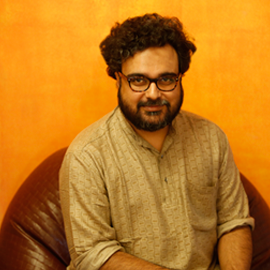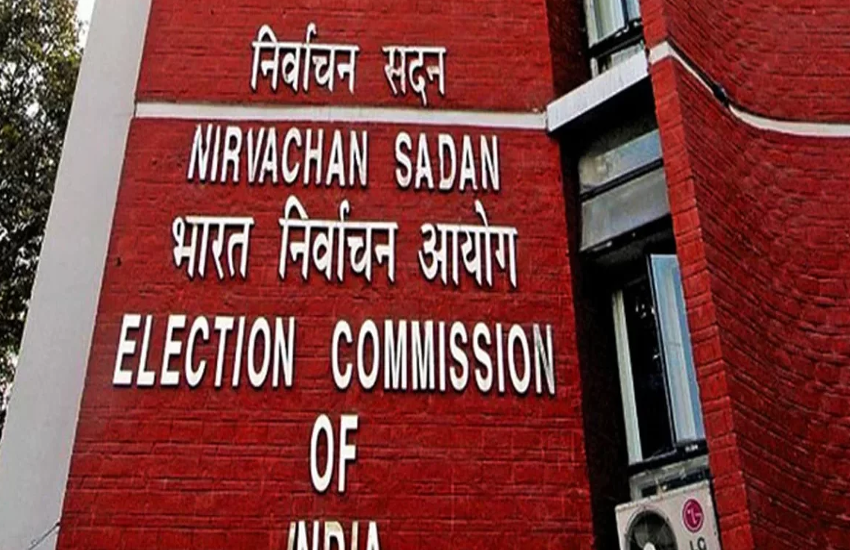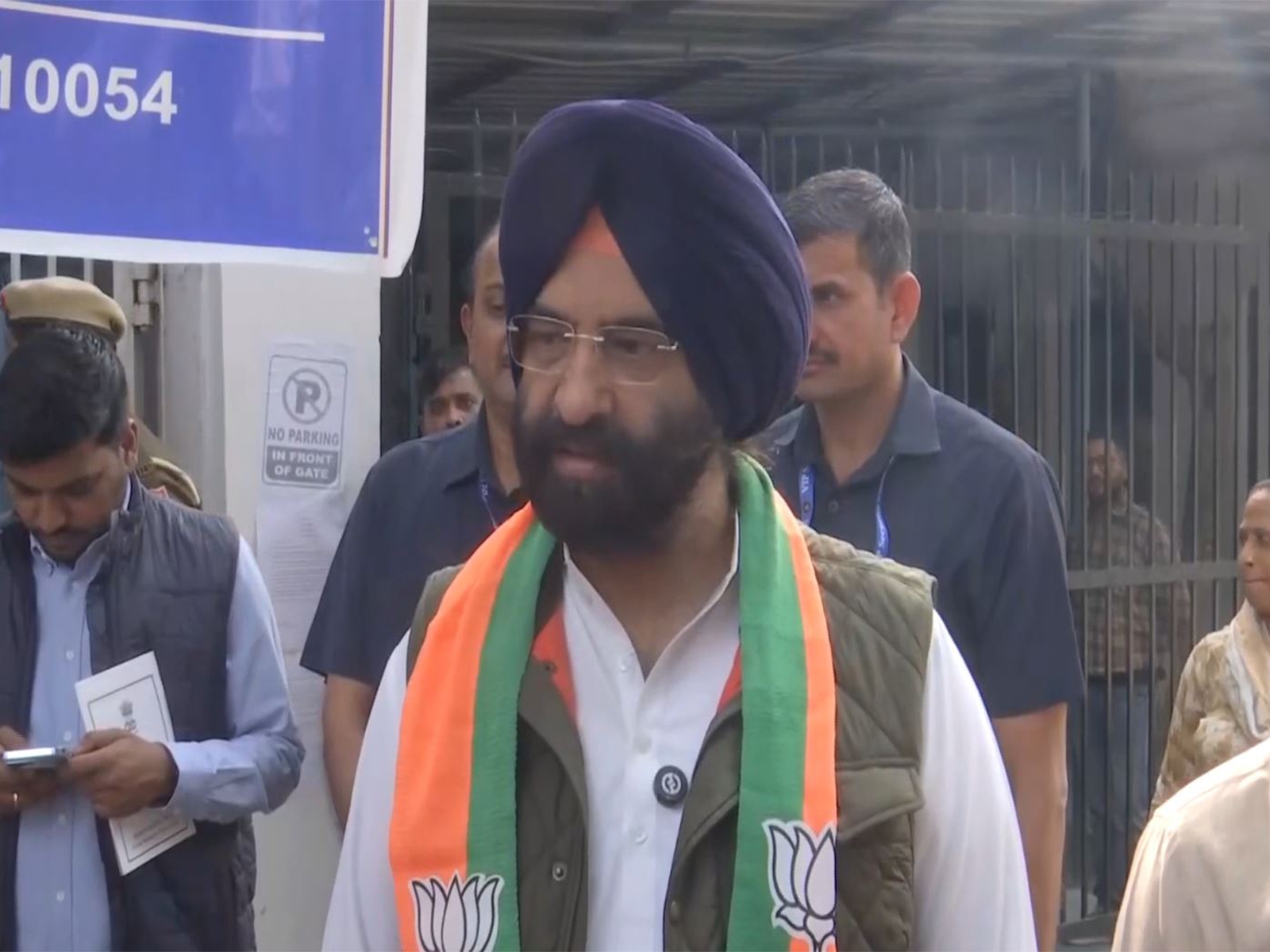Important, interesting and ignored: breaking down the PM's speech

What was said
- Modi\'s second Independence Day address as Prime Minister lasted 85 minutes
- His speech was designed to appeal to the masses
- He spoke about the achievements of his government in the last 15 months
- He also gave credit to India\'s 125 crore people for the country\'s progress
What was left unsaid
- Modi made little mention of pressing issues like Parliament logjam or farmer suicides
- He didn\'t speak about many flagship schemes like Swachh Bharat or Make in India
- He only briefly touched upon the burning One Rank One Pension issue
- He was dismissive about corruption charges against BJP leaders
- He didn\'t mention the safety and security of minorities in an increasingly divided society
The Prime Minister's Independence Day speech is always an event. It is tested for days afterwards for its inspirations, omissions, hidden messages and inadvertent admissions.
Here's a quick wrap of Prime Minister Narendra Modi's speech this year. What was important, interesting and ignored.
Given that he's accustomed to making large announcements, it's also useful to contrast it with what he said last year.
Important
For the common man
- The speech directly addressed the common man. Modi talked about issues that affect a vast majority of people - the daily lives of farmers and workers, the poor and the middle class. Experts may criticise it, but the attempt was clearly to catch the eye of the common Indian.
- Modi shared the credit for India's progress with its 125 crore people. Politically, it was an astute gesture, because it conflates people with his
- What set his speech apart from those of his predecessors' was that it wasn't the ruler talking to the ruled. Modi has a way of simplifying and taking things to the level of the common Indian, like when he talks about the daily lives of students and children. This makes his speeches stand out.
Achievements
- 'We promised and we performed' seemed to be the main theme of the speech.
- The PM mentioned that the Pradhan Mantri Jan Dhan Yojana has been a great success; Rs 20,000 crore have been deposited in 17 crore bank accounts. Also, 20 lakh people have given up their LPG subsidy, so that the poor can benefit.
- The system of auctions is now online and more transparent. Fresh and fair coal auctions have earned the exchequer Rs three lakh crore.
- Modi said corruption is like a termite and informed the public that the government had filed 1,800 cases against officers indulging in acts of corruption.
- Rs 6,500 crore of previously undeclared income has been declared so far under the black money law.
- The PM gave a new slogan - 'Start Up India, Stand Up India'. He wondered why the country couldn't have young entrepreneurs and manufacturers in every block and town.
Interesting
The gestures
- Modi tried to appear unaffected by the political developments of the last few months. He tried to sound confident and at ease.
- His dress and the television coverage, like always, were an important part of the speech. Modi knows how to use technology efficiently - more cameras and different angles project him in a better way.
- Like last year, Modi gave the speech without a bulletproof screen.
- He repeatedly said "Mere deshwasiyon, main Lal Qile ki pracheer se bol raha hoon (My countrymen, I am speaking to you from the ramparts of the Red Fort)". This was to remind his audience that someone from a poor background can do big things in life. However, some experts see an element of feudalism in it too.
The politics
- The speech played safe on issues like casteism and communalism. He mentioned them as problems but avoided taking any concrete line.
- Modi was smart in blaming previous governments without taking any names. He tried to make people believe that things which were pending for years have been achieved by his government in a few months.
- He avoided any issues that could attract criticism of his performance.
- He chose not to address core issues like the economy and border disputes; instead, he talked about populist issues.
- The line "har zulm ko jhelta rahunga (I will keep tolerating all atrocities)" was a clear attack on the opposition, which has been questioning him about alleged corruption charges against some BJP leaders.
- There was a distinct sense of an understanding between the President's speech on the eve of Independence Day and the PM's address. The PM dealt with popular issues whereas the President mentioned cross-border terror and the logjam in Parliament.
The ownership
- 'Team India' is a phrase Modi used to share the credit with the people. But it also about sharing ownership. Not only do people own everything his government achieves, he also owns everything the people achieve.
- Punishing corrupt officials, making strong laws and taking hard decisions - everything is now owned by one man and his leadership.
- Modi claimed that not a single penny's worth of corruption has happened in his 15 months in government. By saying this, he smartly disowned the sins of others in the BJP at the state level. He indicated that the Vyapam Scam in MP, Lalit Modi's shady deals in Rajasthan, the rice scam in Chhattisgarh and many other matters were not related to his office or government.
Ignored
Underachievement
- Last year, Modi urged MPs to adopt one village each. There is little progress in this regard. He skipped the issue.
- He avoided any mention of the Land Bill or any other bill, which could give the opposition an opportunity to attack him again.
- Modi invited Nawaz Sharif for his oath-taking ceremony, but Indo-Pak tensions along the border have not reduced. Cross-border firing is worrisome for the government, but Modi avoided any comment on it.
- The PM travelled to more than 50 countries in the last 15 months, but didn't mention anything about foreign policy.
- The Swachh Bharat Abhiyaan, launched on Gandhi Jayanti last year, was mentioned, but only in terms of toilets that have been constructed in schools. Modi spoke about no other development in the matter. The PM has received criticism regarding the expenses of the project, and the campaign hasn't been very effective.
- Modi made no mention of the 'Make in India' and 'Digital India' campaigns. These were flagship programmes of the government, but have achieved little.
- Last year, the PM said the Planning Commission was not required, and would be replaced by the NITI Aayog. However, this found no mention in the speech.
Key issues
- Modi said the government had agreed in principle to the burning One Rank One Pension issue among ex-servicemen. But the promise he made in his first rally as the BJP's PM candidate has still not be fulfilled.
- The word 'minority' was not uttered by the PM. There was no sign of sympathy or care in times when minorities are raising their concerns about security and social space.
- He said that 'farmer welfare' should be added to the name of the agriculture ministry, but didn't talk about the agrarian crisis or farmers' suicides.
- In the past few months, some communal clashes in the country were ignored by the Central government. The PM avoided any comments on them.
- Modi remained mum on issues related to the logjam in Parliament.
- He didn't talk about the need for women reservation in political parties, the Parliament or the workplace. Last year, he had raised concerns over women's safety, but there was no mention this time.
First published: 15 August 2015, 5:39 IST







![BJP's Kapil Mishra recreates Shankar Mahadevan’s ‘Breathless’ song to highlight Delhi pollution [WATCH] BJP's Kapil Mishra recreates Shankar Mahadevan’s ‘Breathless’ song to highlight Delhi pollution [WATCH]](https://images.catchnews.com/upload/2022/11/03/kapil-mishra_240884_300x172.png)

![Anupam Kher shares pictures of his toned body on 67th birthday [MUST SEE] Anupam Kher shares pictures of his toned body on 67th birthday [MUST SEE]](https://images.catchnews.com/upload/2022/03/07/Anupam_kher_231145_300x172.jpg)






